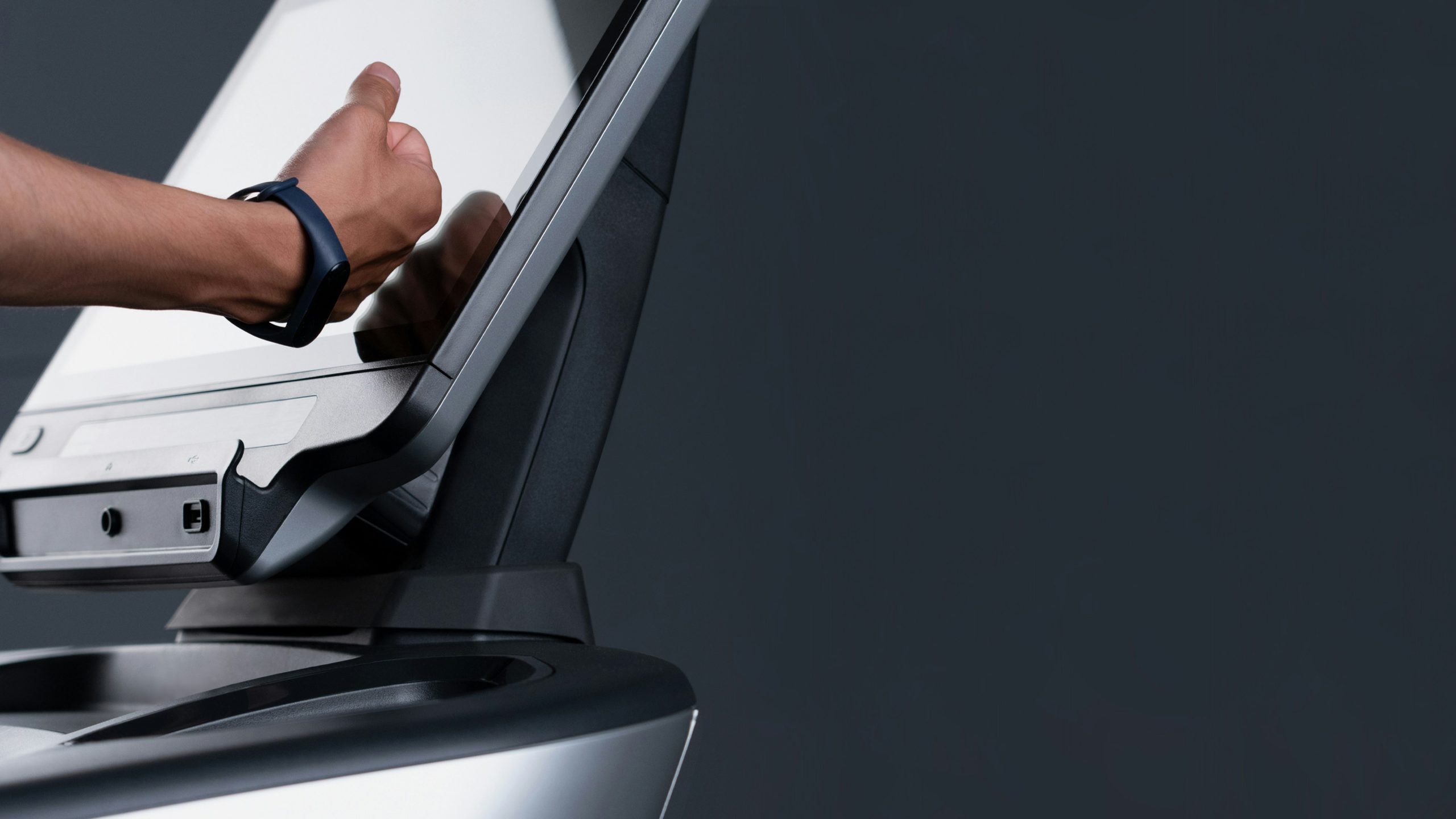Protecting sensitive information is important in our technological world. Radio-frequency identification technology, which is primarily used in RFID cards, is one of the most secure technologies used in digital cards. This article explores the role of RFID cards in information security, explaining their various uses and importance.
Understanding RFID Technology
RFID technology is a strong pillar of wireless communication. RFID cards are really useful for protecting data. They use electromagnetic fields to find and keep track of tags on different objects. These cards have tags that make it easy to control access and authenticate, which is important for keeping information secure.
Enhanced Access Control
RFID business cards are used in access control systems to ensure no one gets in without permission. Allowing people with the right RFID card to enter greatly reduces the chances of unethical breaches. As a result, this strengthens protection against possible data breaches, highlighting RFID cards’ important role in keeping access control systems secure.
Authentication and Identity Verification
RFID cards play a crucial role in verifying identities and authenticating individuals. The smooth incorporation of RFID technology into these important processes enhances security, making it difficult for malicious individuals to impersonate authorized personnel. RFID cards are a great way to protect against identity-related threats and strengthen information security frameworks.
Data Encryption in RFID Cards
Modern RFID cards have strong data encryption features, ensuring the information stored inside is completely secure. This extra layer of security makes it hard for anyone to get unauthorized access, even if they somehow get hold of the RFID card or try to intercept it. Highlighting the importance of encryption shows the dedication to keeping sensitive information safe. RFID cards are a crucial part of strategies to protect data.
Securing Physical Assets
RFID cards are crucial in safeguarding physical assets and their function in digital data protection. RFID technology helps keep a close eye on assets for inventory management or tracking valuable equipment. This helps reduce the chances of theft or loss, making RFID cards even more useful for security purposes.
Contactless Transactions and Payments
RFID cards are being used a lot these days for contactless transactions, which makes financial dealings safer and more efficient. The data transfer during these transactions is secured with powerful encryption, making it highly unlikely for anyone to access financial information without authorization. RFID cards are created to simplify things for users and protect their sensitive financial information.
Integration with IoT Devices
In the age of the Internet of Things (IoT), RFID cards easily connect with many devices, creating safe ways to communicate and transfer data. This integration helps make digital security stronger and more secure. RFID cards can work with IoT devices, which means they can be used in different types of technology to protect information.
Tracking your location in real-time
Using RFID technology in cards allows tracking assets and personnel in real-time. This feature has various uses in logistics, healthcare, and manufacturing industries. It helps organizations gain valuable information about the movement and condition of their assets. Tracking in real-time improves efficiency and helps quickly respond to issues, strengthening security measures overall.
Creating policies for controlling access dynamically
RFID cards help create flexible access control rules. Unlike traditional access systems, RFID technology enables organizations to adjust access permissions to meet changing security requirements quickly. This control system ensures that only authorized individuals can access specific areas or information, providing additional flexibility and responsiveness to security protocols.
Biometric Integration for Dual Authentication
Combining RFID cards with biometric authentication methods adds an extra level of security. A strong dual authentication system is created using biometric data like fingerprints or retinal scans alongside RFID authentication.
This greatly reduces the chances of someone getting in without permission, showing how RFID technology keeps getting better to meet the high-security needs of today’s digital world.
Incorporating Blockchain for Unchangeable Records
By combining blockchain technology with RFID cards, a secure system is created that ensures the creation of unalterable records. Whenever a transaction or access event is recorded on an RFID card, it can be securely stored on a blockchain.
This ensures that every interaction is recorded in a permanent and easily understandable manner. This improves the reliability of data records and increases the overall trustworthiness of RFID-enabled systems.
Data Protection Compliance
Using RFID cards fits perfectly with current data protection regulations and compliance standards. Organizations that adopt RFID technology demonstrate a strong dedication to protecting important data. Following the law and industry guidelines, RFID cards help promote ethical and compliant data-handling practices.
Preventing Identity Theft
RFID cards are important for reducing the risks of identity theft. Their communication protocols and data transmission mechanisms are designed to be highly secure, making it very difficult for cybercriminals to gain access. This makes it difficult for them to intercept and exploit personal information, positioning RFID cards as strong protectors against identity-related threats in a connected digital world.
Challenges and Solutions
Like all new technologies, RFID technology has challenges like signal interception and cloning. Nevertheless, continuous efforts in research and development are dedicated to tackling these challenges.
We are dedicated to improving the security of RFID cards, so you can trust that our solutions will always stay ahead of new threats in the ever-changing world of information security.
Future Trends in RFID Security
In the future, RFID technology is expected to see improvements in encryption algorithms, better interoperability, and stronger anti-tampering features. RFID security is constantly improving to help protect against new threats in data protection.
Continual efforts to find new solutions keep RFID cards up to date with the latest technology, ensuring they protect important information in today’s complicated digital world.
Conclusion
RFID cards are essential for protecting data in today’s digital world, where keeping information safe is a big challenge. RFID cards have many functions that help keep information secure, from controlling access to making transactions more secure.
As technology improves, RFID cards will become more effective in addressing new challenges and protecting sensitive information in a rapidly changing digital world. RFID technology keeps improving at protecting information and is crucial in keeping digital data safe.


